You're not fat, you're just a little husky
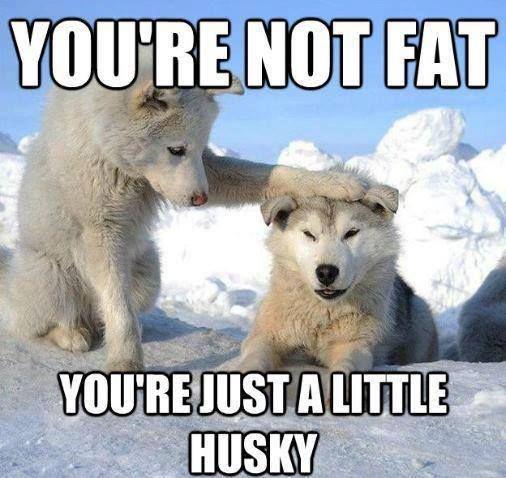
You're not fat, you're just a little husky
The phrase "You're not fat, you're just a little husky" is often used as a way to soften the blow of calling someone overweight or obese. While it may be well-intentioned, it can still be hurtful and perpetuate negative body image issues.First and foremost, it's important to recognize that using the term "husky" as a euphemism for fat is not helpful or productive. It implies that being fat is something to be ashamed of or embarrassed about, when in reality, people come in all shapes and sizes and there is no one "ideal" body type. By using euphemisms like "husky," we are reinforcing the idea that being fat is undesirable or unattractive, which can be damaging to someone's self-esteem.
Furthermore, the phrase "You're not fat, you're just a little husky" can also be dismissive of someone's feelings and experiences. Being overweight or obese can have serious health implications, both physically and mentally. By brushing off someone's weight as just being "husky," we are downplaying the very real struggles and challenges that come with being overweight.
It's also worth noting that body shaming, in any form, is harmful and can have long-lasting effects on a person's mental health. By making comments about someone's weight, even if they are meant to be lighthearted or well-intentioned, we are contributing to a culture that values thinness over health and perpetuates harmful stereotypes about body size.
Instead of using euphemisms like "husky," it's important to have open and honest conversations about weight and body image. Encouraging healthy habits, such as eating a balanced diet and staying active, is important for overall well-being, but it should be done in a supportive and non-judgmental way. It's also important to remember that everyone's body is different and what works for one person may not work for another.

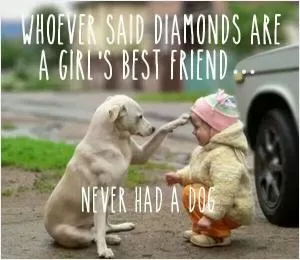

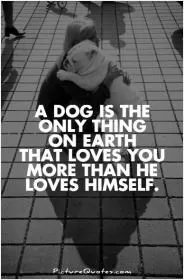
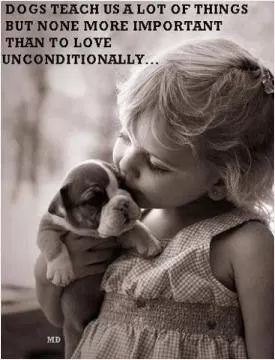
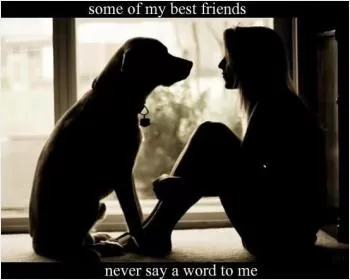


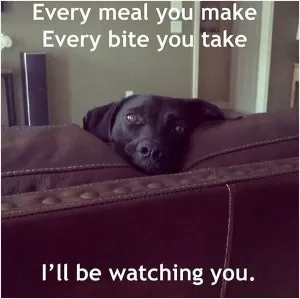
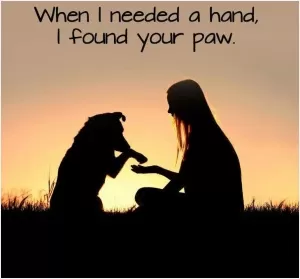
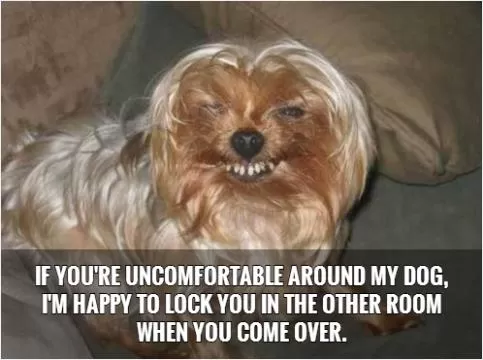

 Friendship Quotes
Friendship Quotes Love Quotes
Love Quotes Life Quotes
Life Quotes Funny Quotes
Funny Quotes Motivational Quotes
Motivational Quotes Inspirational Quotes
Inspirational Quotes